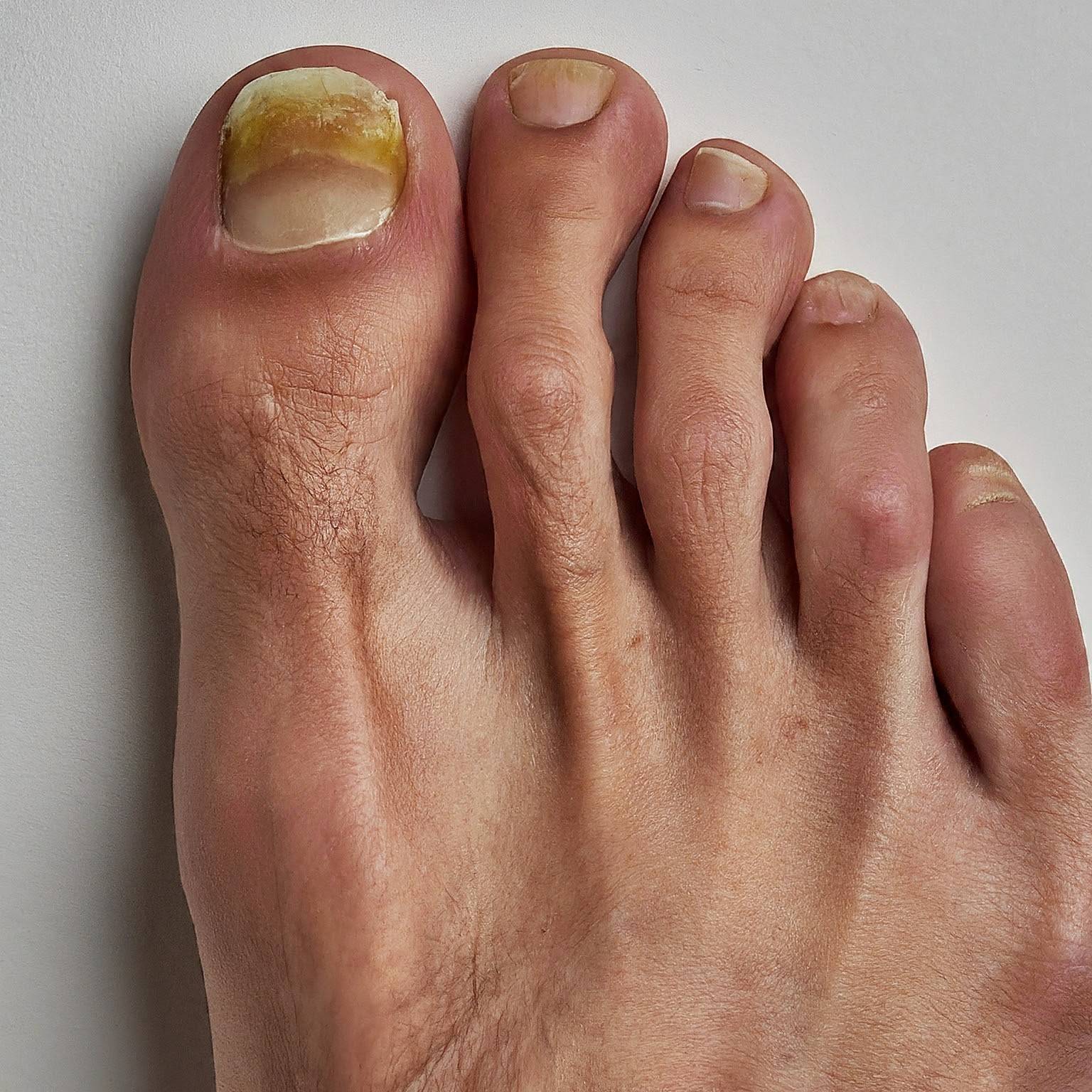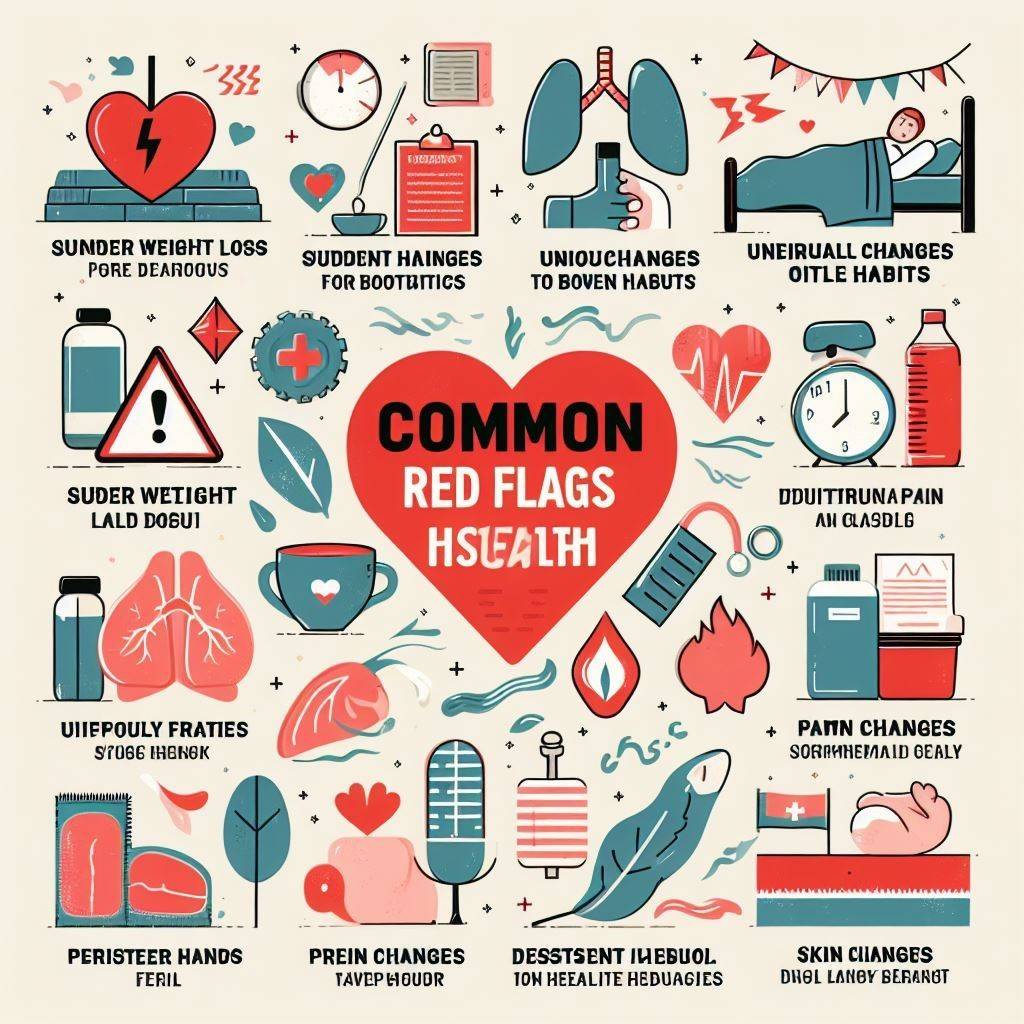
Getting Fit at 60: Creating a Safe and Effective Fitness Routine
Getting Fit at 60: Creating a Safe and Effective Fitness

How to Get Rid of Stress Belly: Top 10 Expert Tips
How to Get Rid of Stress Belly: Top 10 Expert

Bloating Gurgling Stomach: Causes, Symptoms, and Solutions
Bloating Gurgling Stomach: Causes, Symptoms, and Solutions Suffering from a
Beauty

Best Acne Treatment for Teens: Teen-Friendly Solutions Unveiled
Best Acne Treatment for Teens: Teen-Friendly Solutions Unveiled Reveal Radiant

Aging Neck Solutions: 10 Habits to Maintain a Graceful Profile Forever!
Aging Neck Solutions: 10 Habits to Maintain a Graceful Profile

Lazy Eye Exercises Unveiled: Your Path to Clear Vision!
Lazy Eye Exercises Unveiled: Your Path to Clear Vision! Lazy

Vitamins for Skin and Hair: Transformative Beauty Secrets
Unlock Radiant Beauty: Explore the Transformative Secrets of Vitamins for

Rosemary Oil for Hair Growth Before and After: A Detailed Exploration
Rosemary Oil for Hair Growth Before and After: A Detailed

Best Skin Care for Men: Unleash Your Handsome Glow!
Best Skin Care for Men: Unleash Your Handsome Glow! Unleash

Diet for Glowing Skin in 3 Days: Your 72-Hour Glow-Up
Diet for Glowing Skin in 3 Days: Your 72-Hour Glow-Up

Rosemary Oil for Hair: 14 Surprising Benefits for Hair Growth
Rosemary Oil for Hair: 14 Surprising Benefits for Hair Growth
Foods

Dash Diet: Unlock the Secret to Lower Blood Pressure Today!
Dive into the Dash Diet: Your Key to Lowering Blood Pressure Today! Discover the power of the Dash Diet to

16 Foods to cut out for weight loss: The hidden calorie bombs
16 Foods to cut out for weight loss: The hidden calorie bombs. Discover 16 foods to cut out for

25 Healthy Breakfast to Lose Weight: Power Up Your Mornings for Slimming Success
25 Healthy Breakfast to Lose Weight: Power Up Your Mornings for Slimming Success Start your day strong with 25 delicious,

Mindful Eating for Mental Health: Anxiety and Depression Diet
Mindful Eating for Mental Health: Anxiety and Depression Diet Discover the power of mindful eating for mental health with our guide

What to drink to lower blood pressure quickly: 8 beverages that reduce hypertension fast
What to drink to lower blood pressure quickly: 8 beverages that reduce hypertension fast High blood pressure, also known as

Cacao Nibs: Unlocking the Health Benefits
Cacao Nibs: Unlocking the Health Benefits Cacao Nibs are one of nature’s most powerful superfoods. Derived from the bean inside

Vegan High Protein Breakfast: 24 Satisfying Recipes Under 300 Calories
Vegan High Protein Breakfast: 24 Satisfying Recipes Under 300 Calories Explore 24 delicious vegan high protein breakfast recipes under
Explore health
Fitness Tips

Mind Diet: 10 Brain-Boosting Recipes to Supercharge Your Day!
Mind Diet: 10 Brain-Boosting Recipes to Supercharge Your Day! Boost brain power with the Mind Diet! Get 10 delicious, nutritious

Surgery Weight Loss Diet: Your Guide to a Slimmer, Healthier You
Surgery Weight Loss Diet: Your Guide to a Slimmer, Healthier You Discover the secrets to maximizing weight loss after bariatric

Yoga for spinal cord problems: A Natural Path to Healing
Yoga for spinal cord problems: A Natural Path to Healing Discover how Yoga for spinal cord problems can offer a natural

Pre Surgery Weight Loss Diet Plan: Why Shedding Pounds Matters
Pre Surgery Weight Loss Diet Plan: Why Shedding Pounds Matters Discover why having a Pre Surgery Weight Loss Diet Plan
Animals Health

How to Clean Dogs Ears: Unleash the Secrets to Happy Ears
How to Clean Dogs Ears: Unleash the Secrets to Happy

Dog Dementia Detectives: Solving the Mystery of Canine Memory Loss
Dog Dementia Detectives: Solving the Mystery of Canine Memory Loss

Dog Vomiting and Diarrhea: A Quick Owner’s Guide
Dog Vomiting and Diarrhea: A Quick Owner’s Guide Dealing







